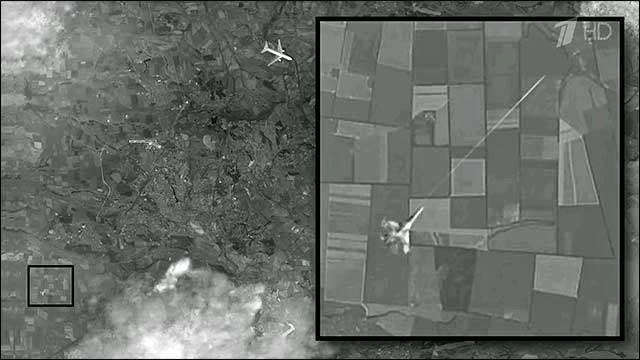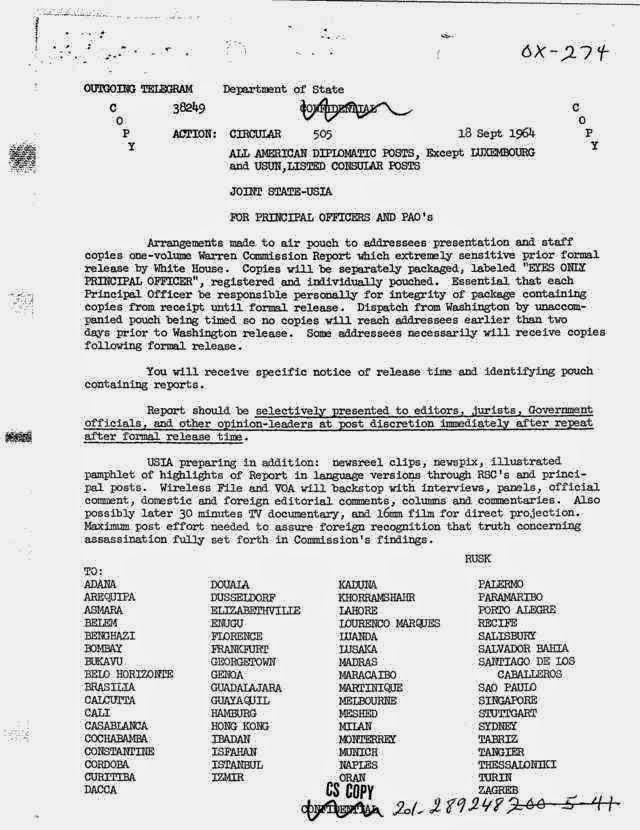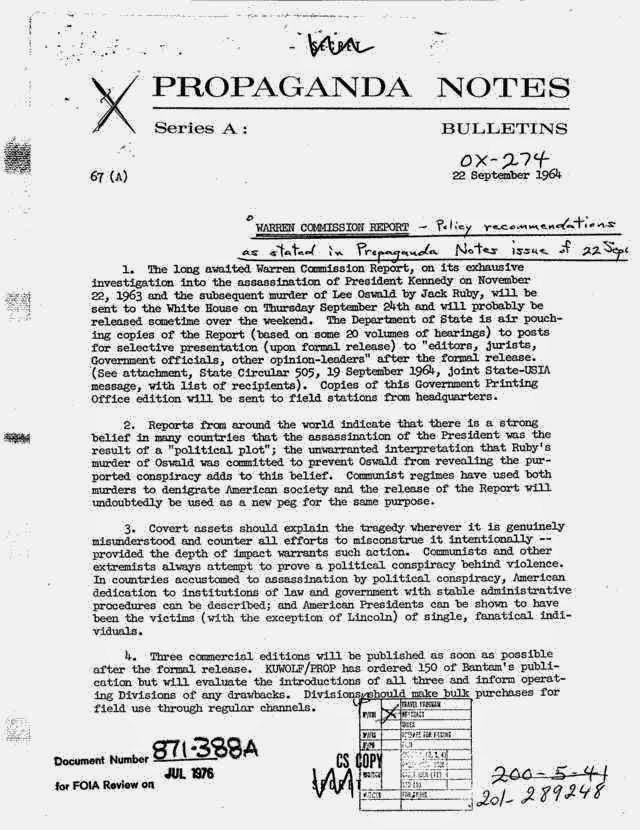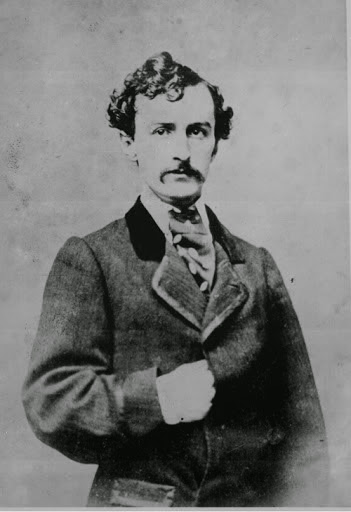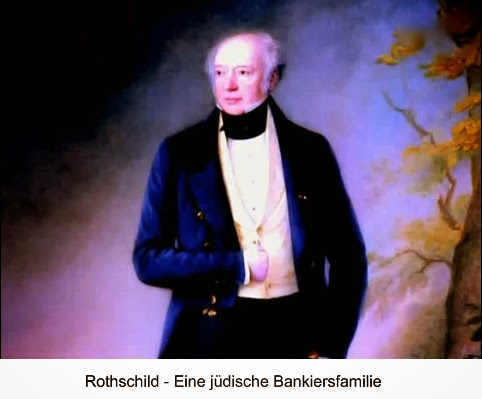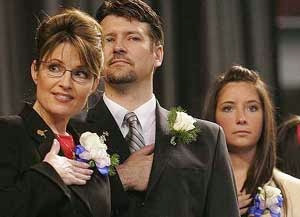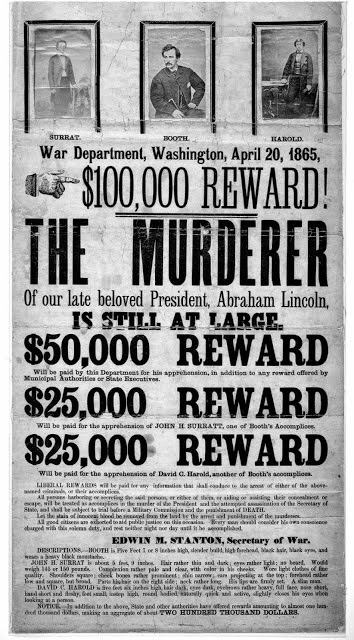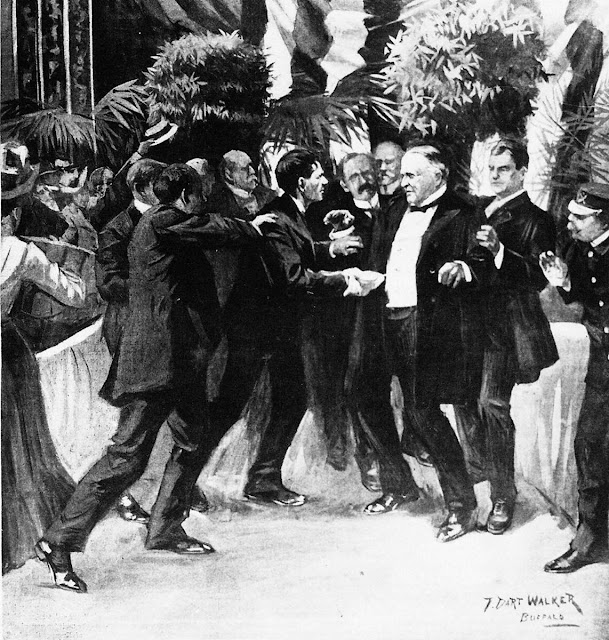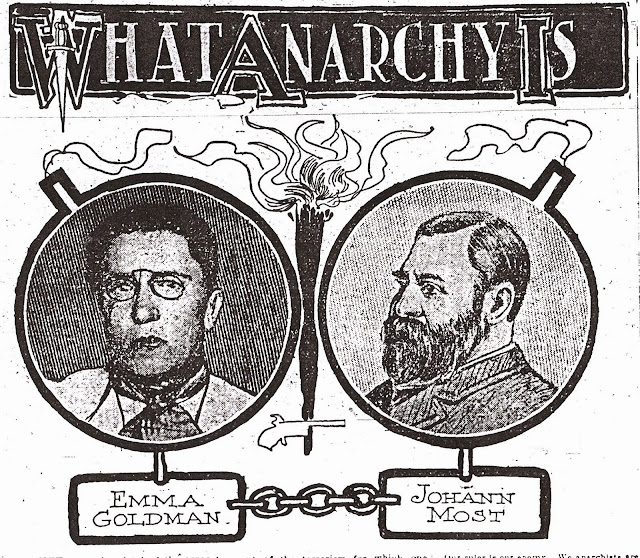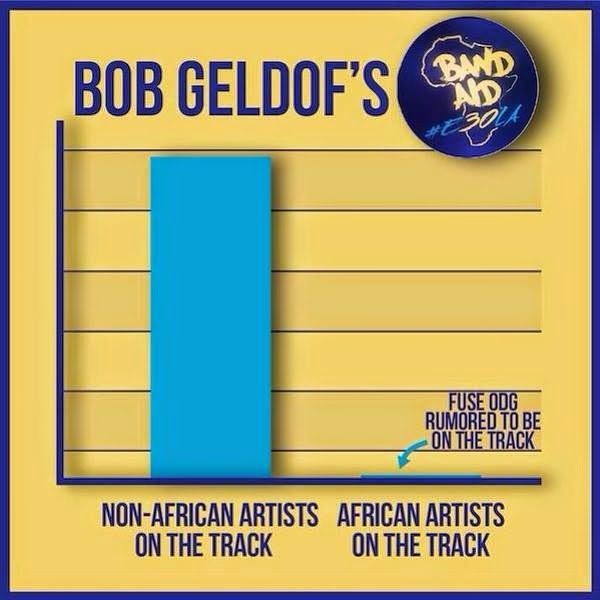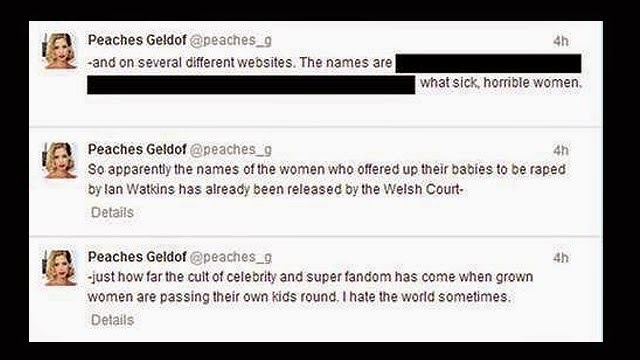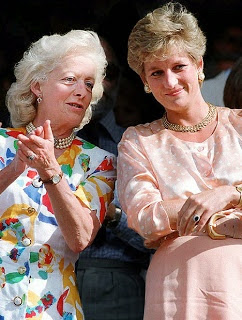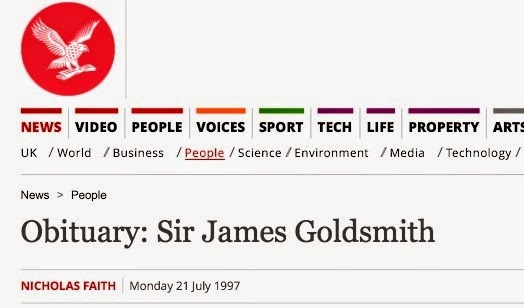In every aspect of his life Goldsmith - who had been knighted in 1976 in Harold Wilson's infamous resignation honours list - displayed a total indifference to convention. He was brave, reckless, the very image of Dryden's Achitophel, "Pleased with the danger, when the waves ran high / He sought the storms".
His private life involved three wives, innumerable mistresses and eight children, two born in the late 1980s to the last love of his life, the well-connected French journalist Laure de Boulay de la Meurthe. He admitted that his famous remark "when one marries one's mistress one creates a vacancy" was not original, but nevertheless it was a fair summary of his attitude to women and his behaviour to them.
His love life alone was enough to keep the gossip columnists on tenterhooks ever since his elopement with Isabel Patino, daughter of one of the world's richest men back in 1954. Her death in childbirth a few months later merely compounded the world's fascination with the 21-year-old Goldsmith.
By then all the elements in his character, the gambling instinct, the rootlessness, the restlessness, the immense appeal to women, were already apparent. So was his misogny, for, as one close friend put it, "he never really liked women".
Nevertheless he had an astonishing capacity, not only to bowl over many of the world's most desirable women but also to retain their affection after he had moved restlessly on - none of the many women in his life ever went in for "kiss-and-tell" revelations and he remained friends with most, if not all, of his ex-mistresses. Moreover he was a loving and, in his own way an attentive and even sensitive father (he was for instance enormously sympathetic when his eldest son was diagnosed as dyslexic).
His business life was equally unconventional. Starting in his early twenties he ended 35 years later as one of the world's richest men as the result of a series of increasingly breathtaking and equally well-publicised deals - and a less well-known capacity actually to run businesses. He was never deterred from a deal because he did not have the money available nor any clear idea as to how he was going to raise it.
But his undoubted business flair received less recognition than it deserved because of the contempt he showed for orthodox financial behaviour and his flagrant and habitual disregard of the interests of the minority shareholders in the companies he controlled. To cap his amazingly full life he entered politics a few years ago as a fervent anti-European, becoming a European MP and spending an estimated pounds 20 million on financing the Referendum Party in this year's British General Election.
Physically, the six-foot-tall Goldsmith was a dominating figure. Socially he was a complete outsider - even in the social and business circles in which he moved, though he remained overly loyal to dubious business associates like Jim Slater and to the arrogant and snobby group round John Aspinall (a close personal friend whom he supported financially in his dark days).
For Goldsmith was the very archetype of that much-abused figure, the ruthless, rootless cosmopolitan financier. He was also vastly energetic, deeply manic-depressive and liable to fits of rage - often directed at journalists - and paranoia, culminating in a spell of extreme anti-Communism in the 1980s.
In business he was equally moody. As his long-time collaborator Mme Gilberte Beaux once put it:
"Jimmy thinks every morning he has nothing". This serious Jewish pessimism, reinforced by his mother's underlying native French caution, proved invaluable in ensuring that, unlike other finacnial operators, he could anticipate crashes - although, equally typically, he did tend to see in them the end of the world.
He inherited many of his traits from his father Frank Goldsmith, the descendant of a distinguished Jewish banking family from Frankfurt once as famous as the Rothschilds (an element of competition with them formed a significant, if unexpressed part of the son's make-up). Frank's grandfather Adolph had moved first to France and then to Britain during the anti-Semitic period of the Dreyfus case.
Frank became an MP and served for a time in the First World War before opting out of the army and public life under mysterious circumstances. But he remained known as Major during his second career as the owner of a chain of international luxury hotels - in which James spent much of his early life, and which he sold after his father's death to another great wheeler-dealer, the late Maxwell Joseph.
In an uncanny pre-echo of his son's life, the love of his father's life, Jacqueline Blanc, died young and he took up with Marcelle Mouiller, the sister of Jacqueline's best friend, who hailed from the Auvergne, a province noted for the toughness and meanness of its inhabitants (as a result James, thought of as the archetypal Jew, was not, theoretically Jewish although he did have his eldest son, Manes, ritually circumcised). Displaying his son's contempt for convention Frank's first child, Teddy, was born out of wedlock, although they had been married for nearly four years when James Michael Goldsmith was born in 1933.
At the outbreak of the Second World War the family escaped through Spain to New York and then to the Bahamas. On their return to London, Frank was determined that his children should have an orthodox English education and James was sent first to a prep school and then to Eton. At both establishments he showed himself as unwilling to learn (partly due to dyslexia), rebellious and determined not to conform or allow himself to be browbeaten.
He left Eton at the age of 16 after an extraordinary betting coup (technically an accumulator bet on three horses) which brought him pounds 8,000, an enormous sum for the time. He then left with an extraordinary display of spite - offering and then breaking a set of records which he had presented, as the traditional leaving gift, to his housemaster, a man he hated.
In 1951 he did his national service, showing himself an effective officer, able to cope with a troop of difficult squaddies, but then returned to the life of "wine, women and song" to which he had been introduced on leaving Eton.
Then in Paris on Coronation night (4 June 1953) he met and fell for Isabel Patino, daughter of Antinor Patino, an immensely rich Bolivian tin millionaire. He naturally objected to the alliance - Goldsmith's own version of the encounter included the immortal exchange that when Patino said "It is not the habit of our family to marry Jews", the 21-year-old Goldsmith replied "It is not our habit to marry Red Indians".
When Isabel was already several months preganant the couple eloped, and after a well-publicised legal spat with her father were married in Edinburgh. But in May Isabel died giving birth to a premature but healthy baby also called Isabel. The blow was devastating - years later he tried to console a friend in similar distress who asked "How long does it take to get over it?", to which Goldsmith replied "I don't think you ever do".
The whole episode, which had lasted less than a year not only left an indelible mark on the young Goldsmith, it also catapulted him on to the front pages of the world's press, a place he was to fill for most of the rest of his life.
For the next few years, in an effort to forget, Goldsmith did little except work building up a small pharmaceutical company, first in France and then in Britain - where he came up against the establishment for the first, and certanly not the last time when he sold cut-price cortisone to the National Health Service.
Even then, while still in his twenties, he displayed the business talents and the impatience, the restlessness, the almost compulsive need to gamble, to take enormous risks which were to mark the whole of his business career. Indeed at one point only the lucky timing of a bank strike stood between him and bankruptcy. But the ideas were fertile ones - it was he who devised the notion of Mothercare, taken to fruition by one of his few business partners, Selim Zilkha.
His only consolation was Ginette Lery, his pretty French secretary who became first his mistress, and then, and only after the usual long interval, his second wife - though by the time he got round to marrying her he was already enamoured of Sally Crocker Poole, who eventually married the Aga Khan.
But by the early 1960s he had already established the pattern of having two households, one in Paris, one in London. By the end of the 1960s he was living openly in London with Lady Annabel Birley, the estranged wife of his friend Mark Birley, by whom he had three children, the last, Benjamin, when she was 45
At the same time he was starting to expand his British business interests through the take-over of a stream of well-known brands, from Procea, a fashionable slimming bread, to his biggest buy, Bovril, which proved to a sceptical City of London that this playboy was also a serious financier. His acquisitions were all included in Cavenham Foods, which he developed as a relatively orthodox food group - though he cheerfully admitted that his original management ideas, which he though both logical and sensible, turned out to be complete rubbish, an admission which showed his willingness to learn from experience.
Nevertheless he blotted his copybook with the British financial establishment through the way he saved Cavenham from financial trouble, through the use of private money, in a deal which involved the sort of financial juggling which came naturally to him but was totally contrary to received practice in London or New York - as was his use of a company's own money to pay its debts. The fact was he simply didn't care and was only too apt to treat criticism of his behaviour as springing from envy - or Communist tendencies, which he was only too ready to attribute to journalists in particular.
In financial attitudes he was perhaps most at home in Paris, the home of Gilberte Beaux, a tough French lady who acted as his right-hand person for nearly 30 years and guided his French holding company, Generale Occidentale, through many a legal and financial storm.
Goldsmith's sound instincts were perhaps best shown at the height of the great bull market of the early 1970s when he alone foresaw the crash that was to follow and liquidated his most vulnerable holdings. Nevertheless he was so loyal to Jim Slater, who had virtually been wiped out in the slump that he was prepared to buy up Slater Walker Holdings. Such closeness, natural to Goldsmith, was bad for his image, since it led to the false assumption that he was a mere financial whiz-kid and asset-stripper like Slater.
An even worse confusion arose because of his friendship with John Aspinall and the other cronies of Lord Lucan. He was not actually present at the famous lunch at which the cronies decided to clam up about the disappearance of their chum, but his continuing friendship with this group led Private Eye to assume that he was involved.
This in turn led to the battery of criminal libel actions against Private Eye which showed the face of Goldsmith as an unforgiving, Old Testament bully. Typically, in the face of serious aggression (in which category he included most press comment) he said "I consider tolerance to be degenerate". The most extreme example of this attitude came when Barbara Conway, a regular critic of his financial activities, was dying of cancer. "I hope she chokes on her own vomit" was his only comment. The libel action ended messily but he remained a formidable opponent.
In one memorable television interview he humiliated two wretched journalists who had accused him of being a mere asset stripper. He had prepared himself very thoroughly (a virtue which had helped him in an earlier tight spot when he got an inordinate price for the Lipton tea business when he sold it to Unilever). Their ignorance and prejudice enabled him to point up the fact that throughout his career he was prepared to pour money (not necessarily his own) into developing businesses, a stark contrast not only with the Slaters of this world, but also with Lord Hanson, another tycoon with whom he is often compared.
Nevertheless he hankered after being a press lord. In 1975 he contemplated buying the Observer (but retreated when he took a closer look). Three years later he was seriously interested in buying Beaverbrook Newspapers, and in France he was for a time the owner of a group, Presses de la Cite which included a number of publishers and a well-known weekly news magazine, L'Express. His only venture in Britain was a similar magazine, NOW!, but the British are too well served by serious daily papers and by television news to need such a publication and after a couple of years he withdrew, punctiliously paying off the journalists and turning up to their farewell party.
The libel action against Private Eye helped to increase Goldsmith's disenchantment with Britain (a disenchantment which extended to France after Francois Mitterrand's victory in 1981). His gloom was not relieved by his knighthood - a typical gesture by Harold Wilson who had a tendency to admire charming adventurers whose characters were so opposed to his native caution.
So he naturally turned to the United States as the last best hope of world capitalism and of relaxed behaviour - in New York in the early 1980s he would go out without a collar and tie for the first time in his life. His American business career started with a major chain of supermarkets, Grand Union, where he invested enormous amounts of time, energy, money and enthusiasm.
But his real glory days were in the first half of the 1980s where, assisted by his long-time friend and merchant banker Roland Franklin, he took over a series of groups whose major attractions were that they had diversified away from a solid asset base - two of them, Diamond International and St Regis involving enormous acreages of forests.
His association with the asset-stripping brigade made Goldsmith a natural target when he attacked Goodyear, one of the industrial giants of the US. This stirred up a storm of protest but by then his instincts told him of the imminent arrival of another financial storm and he sold out of the company, as he did of most of his other assets. His timing was perfect, just before the Crash of October 1987, and he probably made a billion or so dollars out of his actions (although, typically, he thought the resulting slump would be deeper and longer-lasting than it proved to be. The coup, he said, was "like winning a rubber of bridge on the Titanic").
By this time he was being urged by Laure de Boulay de la Meurthe (by then virtually the only woman in his life since Annabel had refused to move to the United States) to relax, and by his brother Teddy, a well- known if eccentric ecologist, to invest his energies and his money in saving the environment. Characteristically this involved buying 18,000 acres of unspoilt Mexican forest and building a simple, but luxurious house of one tiny patch of it, a retreat where he spent an increasing amount of time. But this did not hamper his political career.
By the late 1980s he had become convinced that the European Union was a disaster and in 1995 he was elected as member of the European Parliament in an incongruous alliance with another fervent anti-European, the upper- class French right-wing nationalist Philippe de Villiers. (On his only known visit to the Parliament he arrived on a Friday when normally the television crews did not bother to shoot. They did for him after he had said simply that he would buy the station that employed them if they didn't.)
But his last political venture was a typically flamboyant gesture, the financing of a party dedicated simply to ensuring that the British people should decide their future relationship with the EU in a Referendum. He was viciously attacked, which was rather unfair since he was proposing a democratic element in a normally elitist decision-making process.
The bloody-mindedness of the campaign was typical of a man who went his own way. But so was the fact that he did not tell the outside world that he was suffering from the cancer of the pancreas that was soon to kill him, and he continued to campaign even while undergoing debilitating chemotherapy. But although most of his candidates lost their deposits, in a number of seats they attracted enough Tory votes to hand victory to their opponents.
Nicholas Faith
James Michael Goldsmith, businessman, publisher and politician: born Paris 26 February 1933; Kt 1976; Member for France, European Parliament 1994-97; married 1st Isabel Patino (died 1954; one daughter), 2nd Ginette Lery (one son, one daughter; marriage dissolved), 3rd Lady Annabel Birley (nee Vane Tempest Stewart; two sons, one daughter; one son, one daughter by Laure de Boulay de la Meurthe); died Benahavis, Spain 18 July 1997.
"On June 16, 1993 I was diagnosed with having “liver cancer that had spread from the pancreas.” One of life’s weirdest and worst jokes imaginable...
- Bill Hicks, February 7th,1994
"I'd like to tell you something about Jack Ruby... When they cut him open, they said "Wow, he's got all this lung cancer; but they found that the origin of it was from the pancreas... But he didn't have cancer of the pancreas..."
- Judyth Vary Baker

